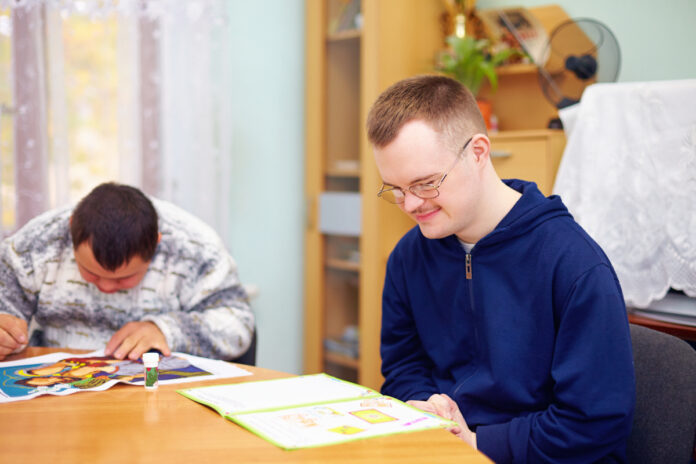A major study tracking the experiences of adults with learning disabilities and their families during COVID-19 has shed new light on the impact of the pandemic.
The research found that more than 65% of people with learning disabilities felt a mixture of emotions that were negatively affecting their wellbeing.
Speaking with researchers, they reported being angry or frustrated, sad or down, and feeling worried or being anxious in the four weeks before their interview.
The effects of first lockdown on support for vital community activities were even more stark, with 99% of people in one study strand getting this support before lockdown, reporting that the activities had either completely stopped or been reduced since.
Carers too had been affected, with over half reporting feeling stressed, tired and experiencing disturbed sleep.
Researchers contacted almost 1,000 people across the UK, interviewing more than 600 people with learning disabilities (known as Cohort 1) and surveying almost 400 family or other carers for people with learning disabilities who were not able to take part in interviews (Cohort 2).
The findings, collected from December 2020 to February 2021, are the first of three reports on data taken over a 12-month period.
The research, led by Manchester Metropolitan University and Warwick University, is funded by UK Research and Innovation (Medical Research Council), and supported by the Department for Health and Social Care (National Institute for Health Research).
Professor Chris Hatton, Co-lead Researcher and Professor in Social Care at Manchester Metropolitan University said: “People with learning disabilities across the UK and those supporting them are clearly doing their part to stop the spread of coronavirus, at considerable cost to people’s health and wellbeing. At a time when better and more creative support is needed, health services and social care support have stopped altogether or been cut for most people.
“We will continue to track people’s experiences over the coming months to find if ‘building back better’ is a reality for people with learning disabilities and those supporting them across the UK.”







